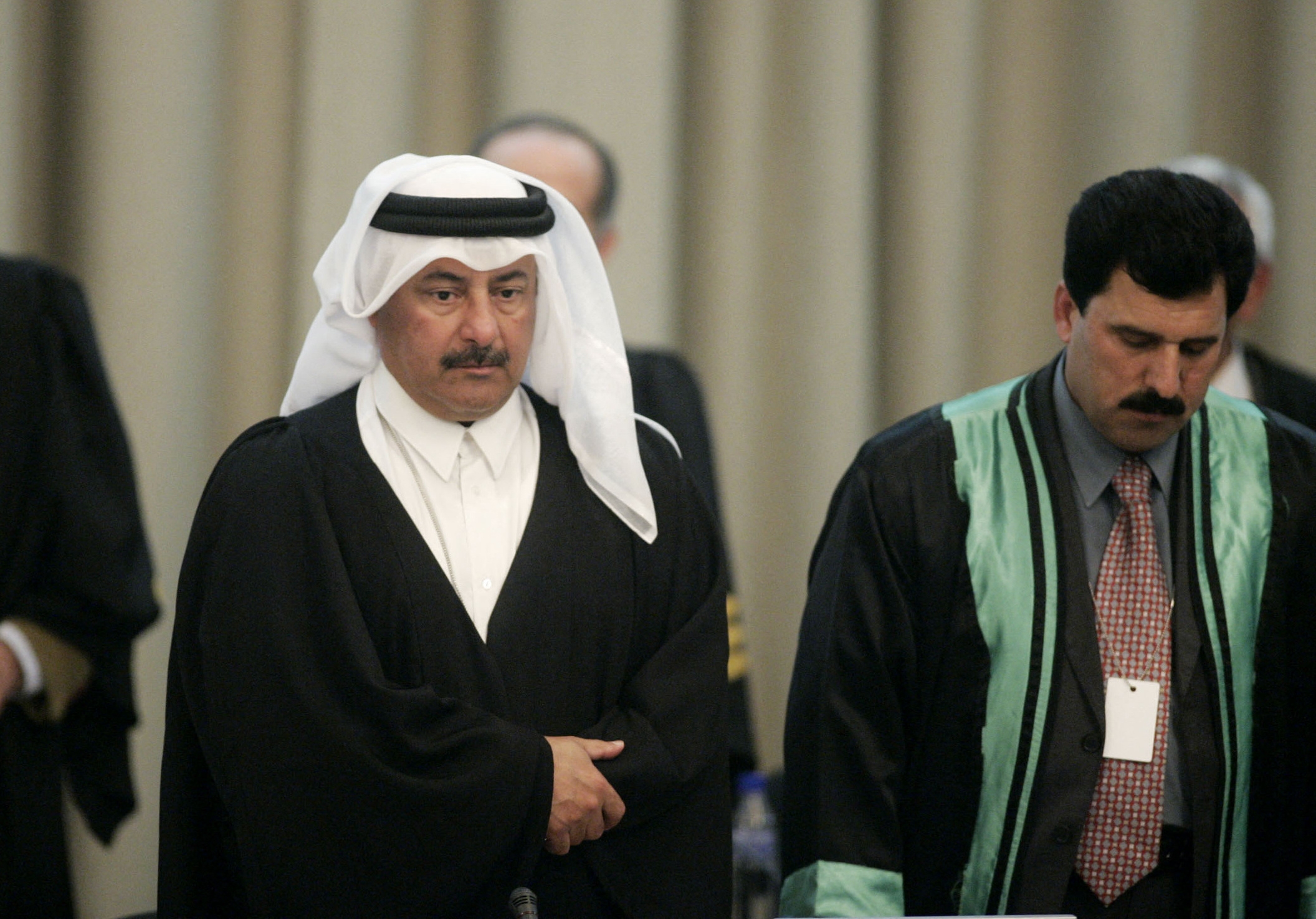Qatar: Rights groups slam 'arbitrary' travel bans against four citizens

Qatar has imposed indefinite arbitrary travel bans against at least four citizens without a judicial process or a clear legal basis, Human Rights Watch (HRW) and the Gulf Centre for Human Rights (GCHR) said on Monday.
The rights groups said they had interviewed three of the men and sources close to the fourth, as well as reviewing relevant documents for all four, which they said revealed that state security authorities are applying the travel bans outside of any legal procedure, and in some cases effectively defying court orders.
New MEE newsletter: Jerusalem Dispatch
Sign up to get the latest insights and analysis on Israel-Palestine, alongside Turkey Unpacked and other MEE newsletters
The rights group identified the four men, along with what they said was their present circumstances, as Abdulla al-Mohannadi, a businessman whom authorities have banned from travel since 2013; Saud Khalifa al-Thani, a former employee at the interior ministry who is contesting a travel ban imposed on him since 2016; Najeeb al-Nueimi, a former justice minister with a travel ban imposed since 2017; and Muhammad al-Sulaiti, a Qatari national and a resident of the United States whom authorities have banned from travel since 2018 and detained since October 2020.
Michael Page, deputy Middle East director at HRW, said: “Imposing indefinite and arbitrary travel bans on citizens stands in stark contrast to the rights-respecting image that Qatari authorities have been working hard to present to the world, especially ahead of the 2022 FIFA World Cup.
“Arbitrary state security actions diminish any confidence that Qatari authorities respect due process.”
'Justification for the ban had ended'
Nueimi was a lead defence lawyer in ousted Iraqi president Saddam Hussein's trial in 2005 and has previously defended prisoners of conscience in Qatar.
One of Nueimi's clients, poet Mohammed Rashid al-Ajami, was given a life sentence in 2011 for a private recital of a poem he wrote criticising Qatar's emir, which authorities said incited violence against the state.
Ajami was released in 2016 by royal pardon after serving more than four years in jail.
Nueimi, who learned of his travel ban in January 2017 via a text message, obtained a court order in June of the same year, finding that “the justification for the ban had ended” and ruling for “cancellation of the travel ban levelled against the appellant”.
Despite the ruling, Nueimi is still barred from leaving the country, HRW said.
'Unfettered' power
HRW said Qatar's 2003 State Security Apparatus Law which "outlines the mandates, objectives, and powers of Qatar’s state security apparatus, grants the body extensive and near-unchecked executive powers".
The US-based rights group said that under the law, Qatar's state security apparatus reports directly to the emir and has the “unfettered” power to conduct investigations, unless the emir orders otherwise.
Following an official visit to Qatar in 2019, the UN Working Group on Arbitrary Detention - which stated that it was not permitted to visit the country's state security detention facility - said that the State Security Apparatus Law “does not provide for any judicial oversight over such detention, and the working group was informed that in practice, such detention leads to very long periods of deprivation of liberty, in violation of international human rights norms”.
Commenting on the travel bans, Khalid Ibrahim, executive director at the GCHR, said: “Flagrantly ignoring court orders sends the message that security authorities can act however they wish and operate outside the rule of law."
Qatari authorites approached for comment had not replied at the time of publication.
Middle East Eye delivers independent and unrivalled coverage and analysis of the Middle East, North Africa and beyond. To learn more about republishing this content and the associated fees, please fill out this form. More about MEE can be found here.






